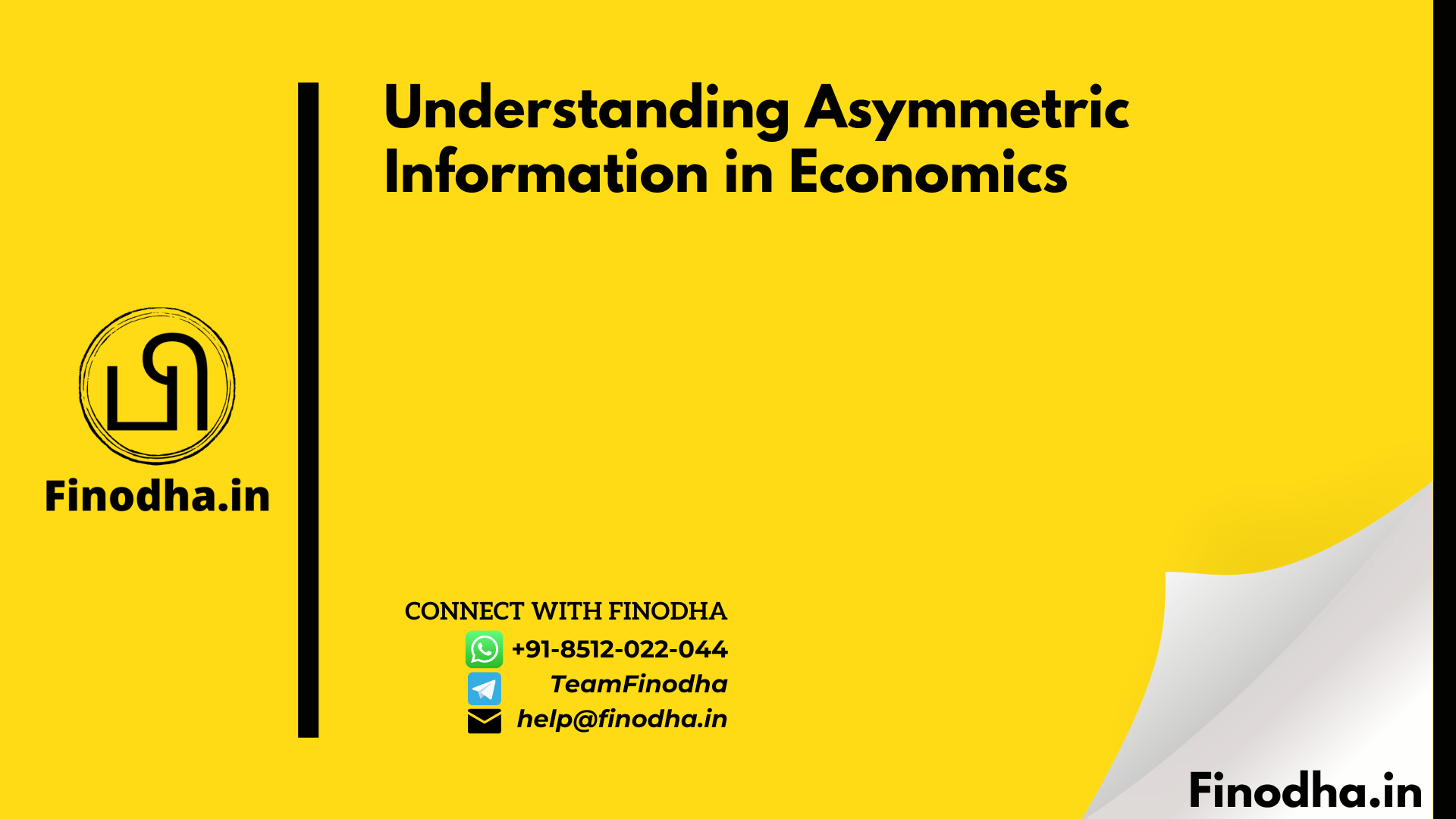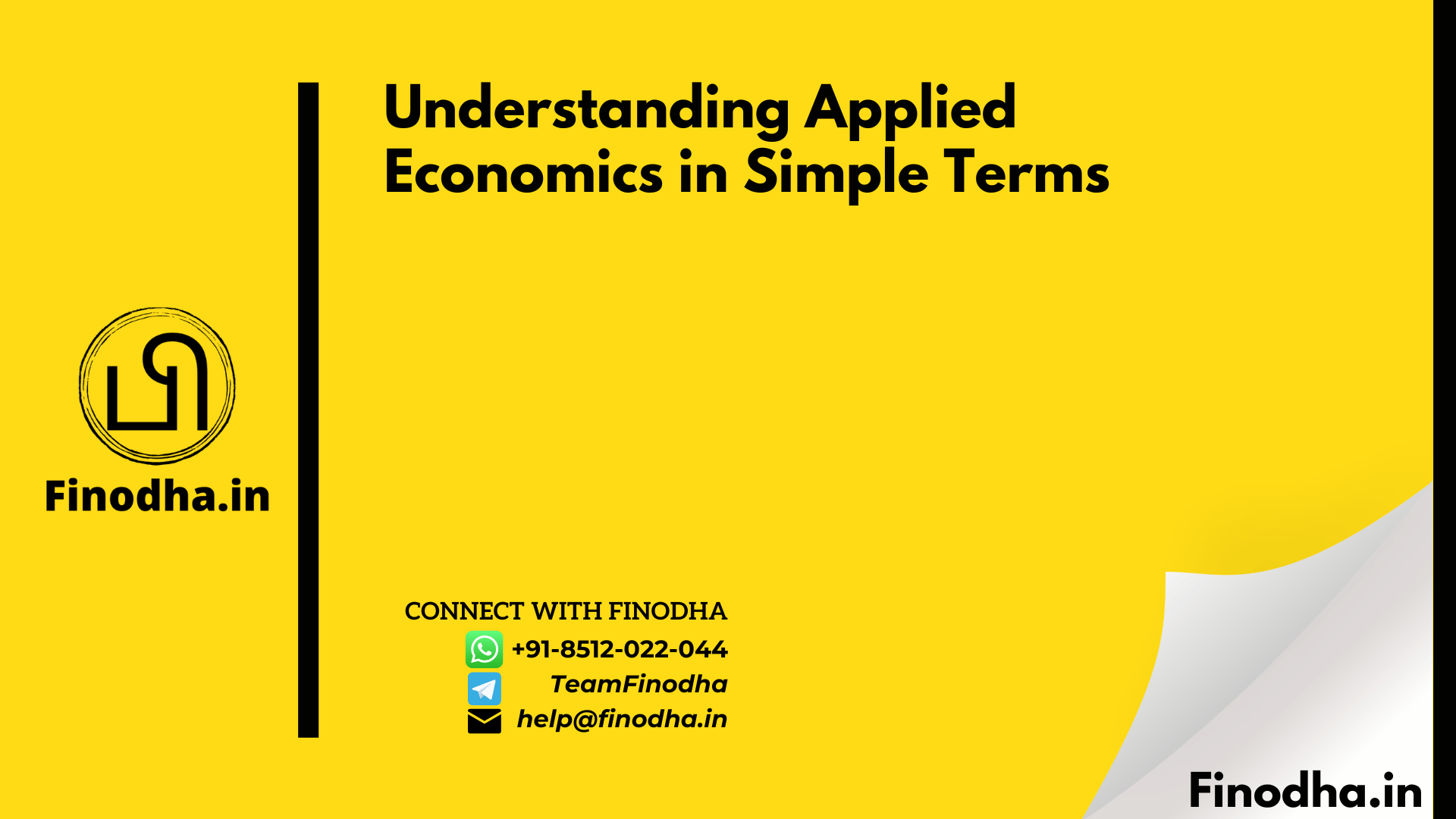Important Keyword: IGST Rules, Rule 5, Section 13.
Table of Contents
Rule 9 of IGST Rules, 2017.
The proportion of value attributable to different States or Union territories, under sub section (7) of section 13 of the said Act, in the case of supply of services by way of admission to, or organisation of a cultural, artistic, sporting, scientific, educational or entertainment event, or a celebration, conference, fair, exhibition or similar events, and of services ancillary to such admission or organisation,
where the location of the supplier of services or the location of the recipient of services is outside India, and where such services are provided in more than one State or Union territory, in the absence of any contract or agreement between the supplier of service and recipient of services for separately collecting or determining the value of the services in each such State or Union territory, as the case maybe, shall be determined by applying the provisions of rule 5, mutatis mutandis.]
1. Inserted (w.e.f. 01.01.2019) by Notification No. 04/2018 Integrated Tax dated 31.12.2018.
Frequently Asked Questions
-
What is Rule 9 of the Integrated Goods and Services Tax Rules 2017?
Rule 9 outlines the provisions for the determination of the place of supply of services under the Integrated Goods and Services Tax (IGST) framework, helping to ascertain where the supply is considered to take place.
-
How does Rule 9 impact the place of supply for services?
Rule 9 specifies criteria for determining the place of supply, ensuring that services are taxed at the correct jurisdiction, thereby avoiding disputes and facilitating compliance for businesses.
-
What types of services are governed by Rule 9?
Rule 9 applies to various categories of services, including those related to immovable property, performance-based services, and services provided to a registered person, among others.
-
Are there any exceptions to Rule 9 under the IGST framework?
Yes, Rule 9 lists specific exceptions where the place of supply may differ, such as in the case of services related to the performance of an event or when services are provided to a non-resident.
-
How can businesses ensure compliance with Rule 9?
Businesses should familiarize themselves with the provisions of Rule 9, maintain proper documentation of services rendered, and consult with tax professionals to ensure they are meeting compliance requirements.
-
What documentation is needed to support claims under Rule 9?
Proper documentation includes contracts, invoices, and any other relevant records that can substantiate the location of service delivery and the applicability of Rule 9.
-
How does Rule 9 affect cross-border transactions?
Rule 9 is crucial for cross-border transactions as it helps determine the place of supply, which directly affects the tax implications and compliance responsibilities for businesses operating internationally.
-
Can Rule 9 be amended, and how would that impact businesses?
Yes, Rule 9 can be amended by the government, which may alter the place of supply determinations, potentially impacting tax obligations and operational strategies for businesses.
-
What penalties may arise from non-compliance with Rule 9?
Non-compliance with Rule 9 can lead to penalties, interest on unpaid taxes, and potential litigation, making adherence important for businesses to avoid financial repercussions.
-
Where can I find more information on Rule 9 and its applications?
More information on Rule 9 can be found on the official GST portal, government publications, and through consultations with tax professionals specializing in GST compliance.
Download Pdf: https://taxinformation.cbic.gov.in/




